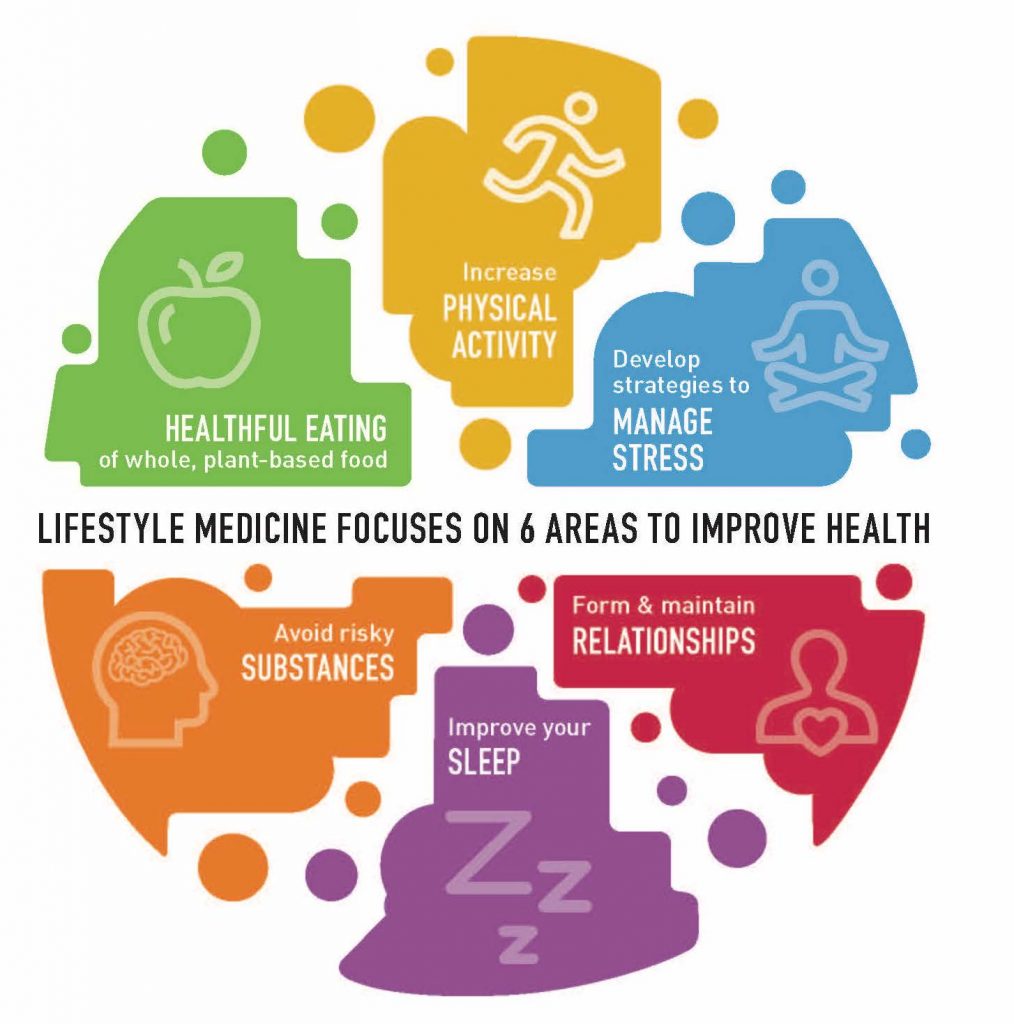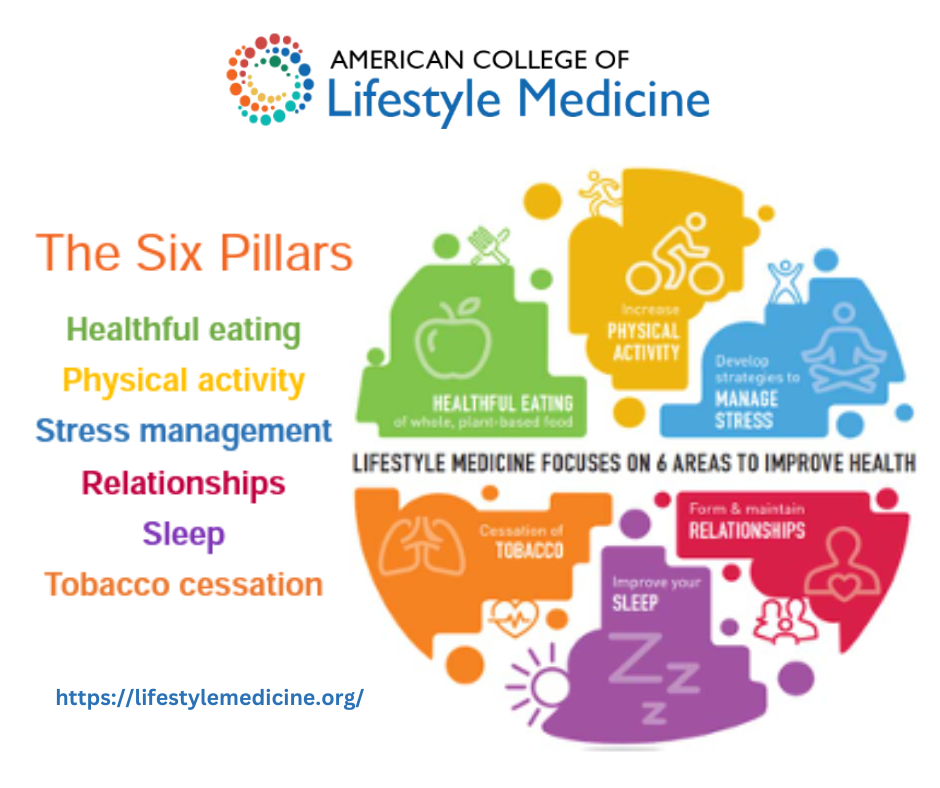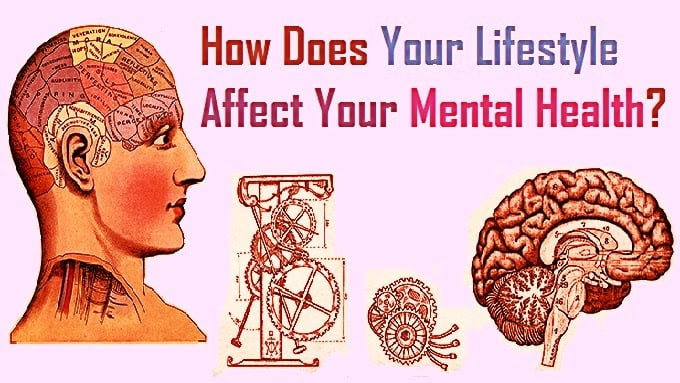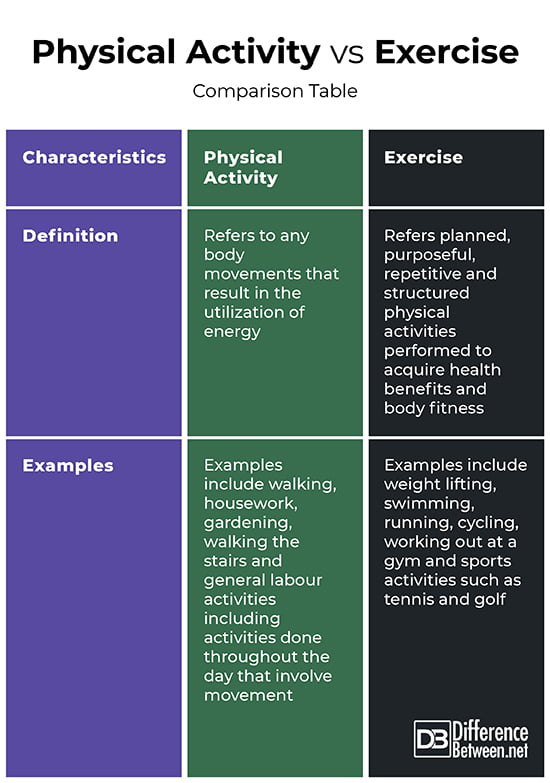So, you’re wondering: is mental health care more of a lifestyle or a medical approach? It’s an intriguing question that sparks a lively debate among experts and individuals alike. On one hand, mental health care encompasses various lifestyle factors, such as self-care practices, stress management techniques, and fostering healthy relationships. On the other hand, it also involves medical interventions, like therapy sessions, medication, and professional diagnoses. In this article, we’ll delve into this fascinating topic and explore the different perspectives surrounding mental health care.
When it comes to mental health care, there isn’t a one-size-fits-all answer. It’s a complex and multi-faceted issue that intertwines lifestyle choices and medical interventions. Some argue that taking care of one’s mental well-being is primarily a lifestyle choice, as it involves making conscious decisions to engage in activities that promote mental wellness. These activities may include regular exercise, practicing mindfulness, seeking social support, and adopting healthy coping mechanisms. By prioritizing these lifestyle factors, individuals can proactively manage their mental health and potentially prevent the onset of certain conditions.
However, it’s important to recognize that mental health care is not solely reliant on lifestyle choices. Many mental health conditions require medical attention and professional assistance. Mental health professionals, such as therapists and psychiatrists, play a vital role in diagnosing and treating mental illnesses. They provide evidence-based therapies, prescribe medications when necessary, and offer valuable guidance and support. For individuals with severe or persistent mental health issues,

Is Mental Health Care Lifestyle or Medical?
Mental health care is a complex and multifaceted field that encompasses various approaches and perspectives. One recurring debate within the field is whether mental health care should be considered as a lifestyle choice or a medical necessity. This article aims to explore this question and shed light on the different viewpoints surrounding it.
Understanding Mental Health Care
Mental health care refers to the practices and interventions aimed at promoting and maintaining mental well-being. It encompasses a wide range of therapeutic modalities, including counseling, psychotherapy, medication, lifestyle changes, and self-care practices. The goal of mental health care is to address psychological distress, improve coping mechanisms, and enhance overall quality of life.
Lifestyle Approach: The Holistic Perspective
One perspective argues that mental health care should be approached as a lifestyle choice rather than solely relying on medical interventions. This viewpoint emphasizes the importance of incorporating self-care practices, healthy habits, and positive lifestyle changes to maintain optimal mental well-being. Proponents of this approach believe that adopting a holistic lifestyle can prevent the onset of mental health issues and promote overall wellness.
Adopting a lifestyle approach to mental health care involves various practices. Regular exercise, adequate sleep, balanced nutrition, and stress management techniques are considered crucial for maintaining emotional and psychological well-being. Additionally, activities such as mindfulness, meditation, and engaging in hobbies or creative outlets can contribute to stress reduction and enhance mental resilience.
Medical Approach: The Biopsychosocial Model
In contrast to the lifestyle approach, the medical perspective emphasizes the importance of medical interventions in mental health care. This viewpoint aligns with the biopsychosocial model, which acknowledges the interplay between biological, psychological, and social factors in mental health. According to this approach, mental health conditions are considered medical disorders that require diagnosis, treatment, and ongoing management.
Medical interventions in mental health care can include psychotropic medications, such as antidepressants or antianxiety drugs, which aim to alleviate symptoms and restore chemical imbalances in the brain. Additionally, psychiatric therapies, such as cognitive-behavioral therapy (CBT) or dialectical behavior therapy (DBT), are commonly used to address specific mental health conditions. These interventions are often delivered by licensed mental health professionals, such as psychiatrists or psychologists.
While the medical approach emphasizes the importance of medical interventions, it does not dismiss the significance of lifestyle factors. Rather, it highlights the need for a comprehensive and integrated approach that combines medical treatments with lifestyle modifications and psychosocial support.
Benefits of a Lifestyle Approach
Adopting a lifestyle approach to mental health care offers numerous benefits. First and foremost, it empowers individuals to take an active role in their own well-being. By making conscious choices to engage in self-care practices and maintain a healthy lifestyle, individuals can enhance their mental resilience and reduce the risk of developing mental health issues.
Furthermore, a lifestyle approach often promotes a sense of empowerment and autonomy, allowing individuals to feel in control of their mental well-being. It encourages a proactive mindset, emphasizing prevention rather than solely focusing on treatment. By prioritizing self-care, individuals can develop effective coping mechanisms, manage stress, and promote emotional balance.
Integration of Lifestyle and Medical Approaches
Rather than viewing the lifestyle and medical approaches as mutually exclusive, many mental health professionals advocate for an integrated approach that combines both perspectives. This integration recognizes the importance of lifestyle factors in mental health care while acknowledging the necessity of medical interventions for certain conditions.
By combining lifestyle modifications with medical treatments, individuals can optimize their mental well-being. For example, someone with depression may benefit from a combination of antidepressant medication, therapy, and lifestyle changes such as engaging in regular exercise, practicing mindfulness, and maintaining a balanced diet.
The Role of Personalization in Mental Health Care
It is essential to recognize that mental health care is highly individualized, and what works for one person may not work for another. Personalization plays a crucial role in determining the most effective approach for each individual. This may involve exploring various treatment modalities, adjusting medication dosages, and tailoring lifestyle recommendations to suit each person’s unique needs and preferences.
Conclusion
In conclusion, the question of whether mental health care is a lifestyle or medical endeavor is not a straightforward one. Both perspectives have their merits and offer valuable insights into the complex nature of mental health care. Ultimately, a holistic and personalized approach that incorporates both lifestyle modifications and medical interventions is likely to yield the best outcomes. By focusing on individual needs and preferences, mental health care can provide comprehensive support to promote optimal well-being.
Key Takeaways: Is Mental Health Care Lifestyle or Medical?
- Mental health care involves both lifestyle and medical aspects.
- Adopting a healthy lifestyle can improve mental well-being.
- Medical interventions, such as therapy and medication, are also important for mental health care.
- Both lifestyle and medical approaches should be combined for comprehensive mental health care.
- Each person’s mental health care needs may vary, so a personalized approach is key.
Frequently Asked Questions
Here are some common questions people have about mental health care and whether it is considered a lifestyle or medical issue.
1. Is mental health care solely a lifestyle choice?
Mental health care is not solely a lifestyle choice; it encompasses both lifestyle factors and medical interventions. While certain lifestyle choices can positively impact mental well-being, such as engaging in regular exercise and practicing stress management techniques, mental health conditions often require medical treatment. Mental health care involves a comprehensive approach that includes lifestyle modifications, therapy, and potentially medication.
It is important to recognize that mental health conditions are not simply a matter of personal choice or willpower. They can be caused by a combination of genetic, biological, environmental, and psychological factors. Seeking professional help and accessing appropriate medical interventions are crucial in effectively managing mental health conditions.
2. Can lifestyle changes alone treat mental health conditions?
Lifestyle changes can play a significant role in managing mental health conditions, but they may not be sufficient as standalone treatments. Adopting a healthy lifestyle, including regular exercise, a balanced diet, and adequate sleep, can promote overall well-being and support mental health. Engaging in activities that bring joy, practicing relaxation techniques, and maintaining social connections can also have a positive impact on mental well-being.
However, for individuals with diagnosed mental health conditions, lifestyle changes alone may not be enough. Mental health conditions often require professional intervention, such as therapy or medication, to address underlying issues and provide effective treatment. A holistic approach that combines lifestyle modifications with medical care is typically recommended for optimal mental health outcomes.
3. Are mental health conditions purely medical issues?
Mental health conditions are not purely medical issues; they are complex conditions that involve various factors, including biological, psychological, and social aspects. While medical interventions, such as medication, can be an important part of treatment, mental health care extends beyond the purely medical realm.
Psychological therapies, counseling, and other non-medical interventions are commonly used in mental health care to address emotional, behavioral, and cognitive aspects of mental health. Additionally, social support, community resources, and lifestyle changes are integral components of managing mental health conditions. A comprehensive approach that considers the multidimensional nature of mental health is essential for providing effective care and support.
4. Can lifestyle choices impact mental health outcomes?
Yes, lifestyle choices can have a significant impact on mental health outcomes. Engaging in regular physical activity, maintaining a balanced diet, and getting enough sleep can contribute to improved mental well-being. Exercise, in particular, has been shown to release endorphins and reduce symptoms of depression and anxiety.
Managing stress through techniques such as mindfulness, relaxation exercises, and engaging in activities that promote relaxation can also positively influence mental health. Building and maintaining strong social connections can provide a support system and contribute to overall mental well-being. While lifestyle choices alone may not be sufficient for treating mental health conditions, they can complement medical interventions and enhance overall mental health.
5. How can mental health care be approached holistically?
Mental health care should be approached holistically, taking into account various aspects of an individual’s life. This includes considering biological, psychological, social, and environmental factors that may contribute to mental health conditions. A holistic approach involves integrating medical interventions with lifestyle modifications, therapy, and support systems.
Medical interventions, such as medication, may be necessary to manage certain mental health conditions. Psychological therapies, such as cognitive-behavioral therapy or counseling, can help individuals develop coping strategies, improve self-awareness, and address underlying emotional issues. Social support, including family and friends, as well as community resources, can provide a network of support and assist individuals in their mental health journey.

I’m a doctor, and I take medication for my mental health
Final Thoughts: Is Mental Health Care a Lifestyle or Medical?
After exploring the question of whether mental health care is a lifestyle or a medical matter, it becomes evident that it is a complex and multifaceted issue that cannot be simplified into one category. Mental health care encompasses both lifestyle choices and medical interventions, working together to support overall well-being.
While lifestyle factors such as exercise, nutrition, and stress management play a crucial role in maintaining mental health, it is also important to recognize the significance of medical interventions such as therapy, medication, and professional support. These medical approaches can provide invaluable assistance in managing mental health conditions and helping individuals lead fulfilling lives.
In conclusion, mental health care should not be viewed as solely a lifestyle or medical matter, but rather a comprehensive approach that combines both aspects. By acknowledging the importance of lifestyle choices and medical support, individuals can create a holistic plan to prioritize their mental well-being. Remember, mental health care is a journey unique to each person, and finding the right balance between lifestyle and medical interventions is key to achieving optimal mental wellness.





